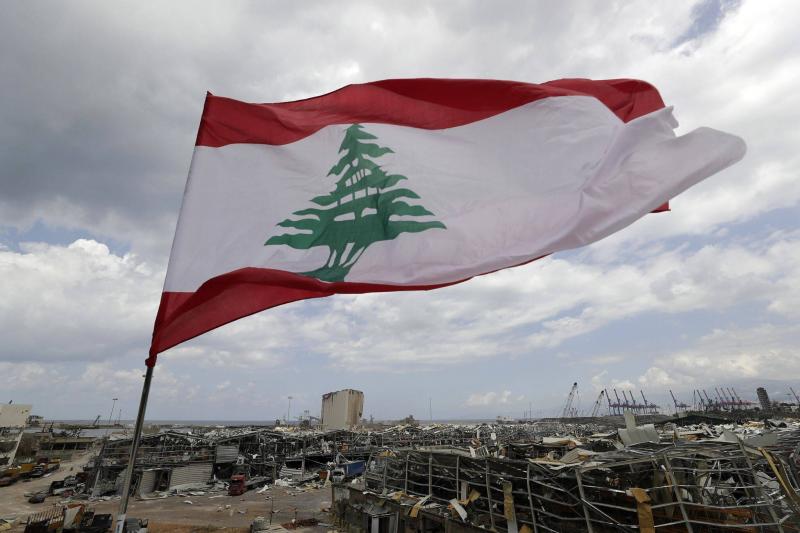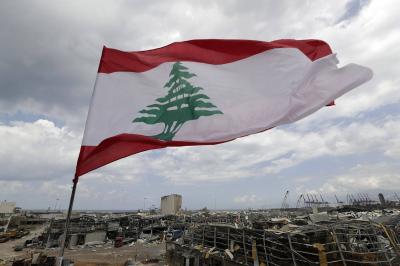Confirmed information has leaked indicating that most Western embassies, particularly European ones, have recently conducted surveys along the Lebanese coast, exploring maritime exits through which they could evacuate their nationals in the event of an expanded war in the south. This leak coincides with a continuous wave of alarmism, involving Lebanese parties, and calls from Western countries for their citizens to leave Lebanon, reminiscent of the atmosphere in the early weeks following October 7th. The Dutch Foreign Ministry urged its citizens to leave Lebanon due to the risk of escalation at the border with Israel. Similarly, German authorities called for their nationals to leave Lebanon immediately and urgently, just one day after German Foreign Minister Annalena Baerbock departed Beirut, having arrived from the occupation entity. Informed sources confirmed that the German minister did not bring more than her Western counterparts, which is that Israel is seriously considering expanding the war, and that no one in the West would be able to stop it.
Conversely, the White House announced that it is working hard to calm the situation along Israel's northern border through diplomatic means. European Union foreign policy chief Josep Borrell stated, after meeting with Foreign Minister Abdullah Bou Habib in Brussels, that Lebanon, Israel, and the region cannot afford another war, which would also affect the European Union. Russian Foreign Minister Sergey Lavrov called on the international community to alert Israel to the devastating effects of the conflict spreading to Lebanon.
In this context, "Al-Akhbar" learned that Qatari envoy Abu Fahd Jassim Al Thani will be in Beirut soon, with the primary focus of his visit being the security situation in the south, rather than the presidential file. According to informed sources, the Qatari envoy will meet with Hezbollah, Amal Movement, and security leaders to discuss the possibility of reducing tension on the southern front. Information indicates that Al Thani's visit is coordinated with the U.S. administration, which requested Doha to make efforts in this regard, following discussions that began with the political aide to the Speaker of Parliament, Deputy Ali Hassan Khalil, who recently visited Qatar twice.
The U.S. administration is counting on Qatari pressure on Hamas to accept U.S. President Joe Biden's proposal to end the war in Gaza, suggesting that if this coincides with increased Qatari intervention in the Lebanese arena, specifically with Hezbollah, it could lead to a breakthrough that prevents a general war.
Additionally, Prime Minister Najib Mikati confirmed that Lebanon is striving by all means to avoid turning the country into a battlefield for armed conflicts stemming from the south and to implement relevant international resolutions to put an end to the expansionist ambitions of the occupation. After meeting with Cardinal Pietro Parolin, Secretary of State of the Vatican, he called for not linking Lebanon's stability and interests to extremely complex conflicts and endless wars. While Mikati's positions appeared ambiguous and similar to those that hold the resistance responsible for the war, sources close to the Prime Minister emphasized that he was referring to the Israeli enemy, which is turning the region into a battlefield and refuses to stop the war in Gaza, according to "Al-Akhbar."




